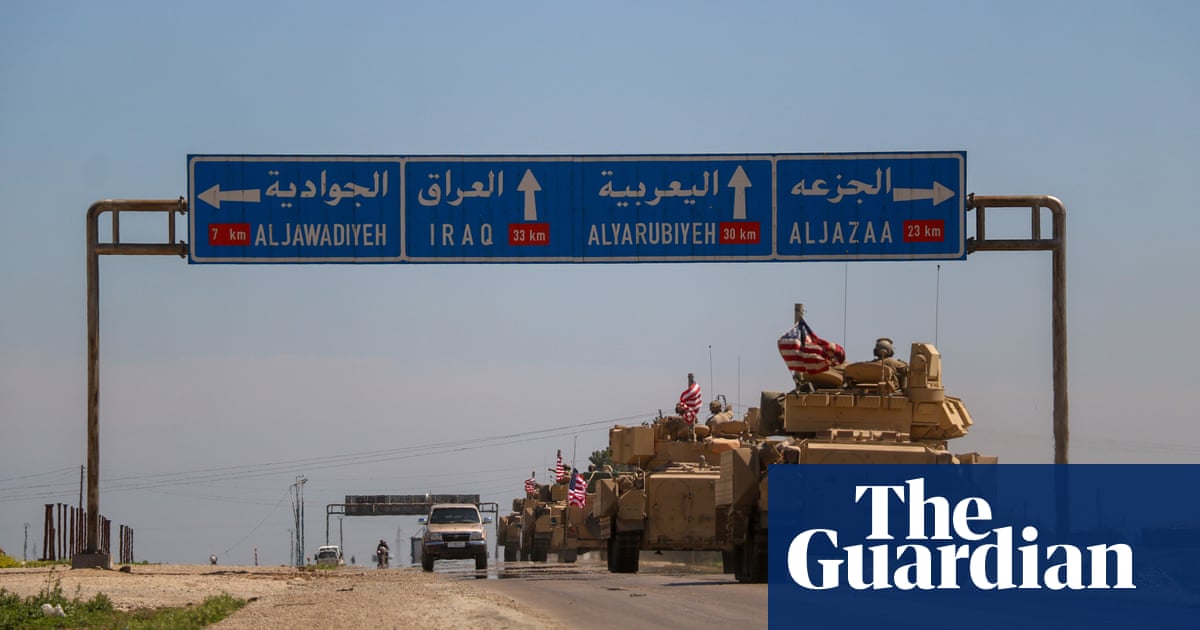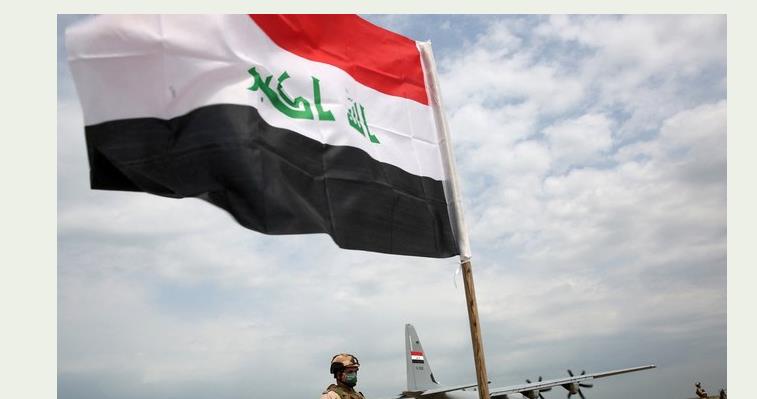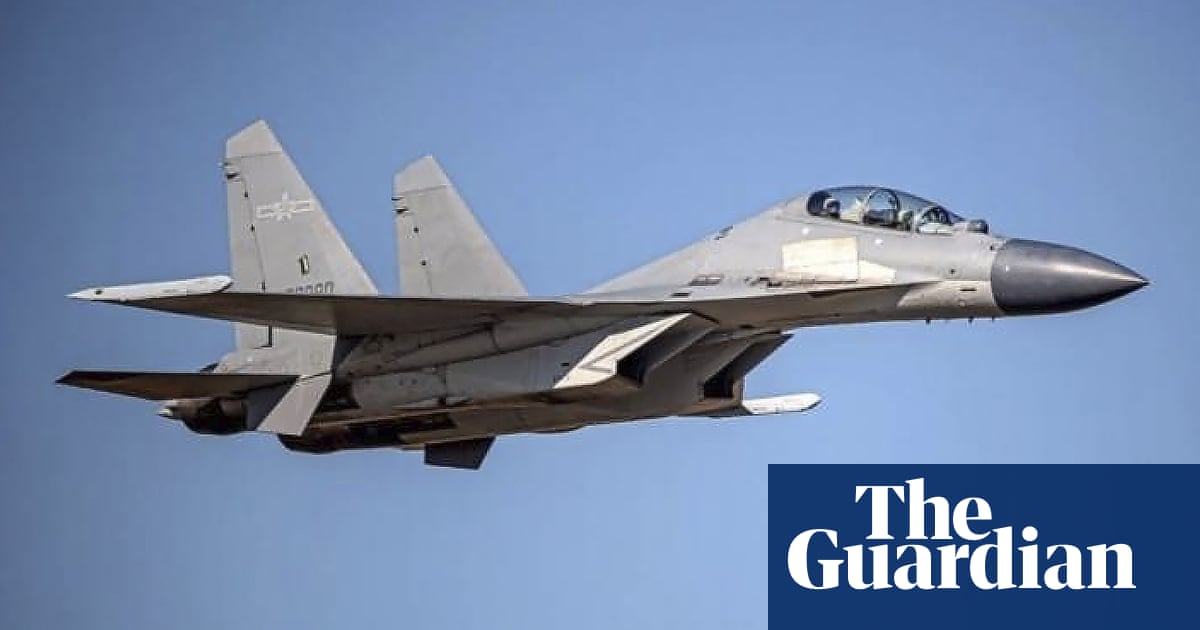
US strikes against militias in Iraq have prompted the most scathing criticism yet from Baghdad, with the prime minister’s office accusing Washington of contributing to a “reckless escalation” of regional violence.
The Pentagon announced earlier on Wednesday that it had carried out overnight retaliatory strikes against three facilities linked to Iran-backed militias in response to its own forces coming under attack at an Iraqi airbase at the weekend.
The US defence secretary, Lloyd Austin, said in a statement that the attacks on Kata’ib Hezbollah and other Iran-linked groups were “necessary and proportionate”.
“These precision strikes are in direct response to a series of escalatory attacks against US and coalition personnel in Iraq and Syria by Iranian-sponsored militias,” Austin said. “We do not seek to escalate conflict in the region.”
Iraqi officials, however, disagreed, especially as some of the paramilitaries targeted are now integrated into the country’s regular armed forces.
A spokesperson for the prime minister, Mohammed Shia al-Sudani, called the attacks an “act of aggression”.
“This unacceptable act undermines years of cooperation, blatantly violates Iraq’s sovereignty and contributes to a reckless escalation … at a time when the region is already grappling with the danger of expanding conflict,” said Yahya Rasool, the Iraqi leader’s spokesperson for military affairs.
Another Iraqi official, national security adviser Qassem al-Araji, said the US strikes “do not help bring calm”.
The US has repeatedly warned that the devastating war in Gaza could lead to a broader conflict across the region. At the same time, Washington has conducted bombings in Iraq, Syria and Yemen, and continued to arm its closest regional ally, Israel.
Iraq is a rare ally of both Tehran and Washington but the Middle East crisis has tested those relationships, with both countries bombing its territory.
Late on Wednesday, Reuters cited two sources as saying that an armed drone had targeted a base housing US forces near Erbil in northern Iraq – a possible retaliation in this deepening tit-for-tat conflict.
On Saturday, four US personnel suffered traumatic brain injuries after Iraq’s Ain al-Asad airbase was hit by multiple ballistic missiles and rockets fired by Iranian-backed militants from inside Iraq.
US troops in Iraq and Syria have been attacked about 150 times by Iran-aligned militants since the Israel-Gaza war started in October, and Joe Biden has decided to respond militarily despite political sensitivities in Baghdad and the risk of a regional war.
The attacks against the US are seen as retaliation for its support of Israel in its war against Hamas, although Washington accuses Tehran of seeking to exploit the chaos for its own ends.
The US has 900 troops in Syria and 2,500 in Iraq, advising and assisting local forces to prevent a resurgence of Islamic State, which in 2014 seized large parts of both countries before being defeated.
The war in Gaza has been spreading in recent months, with US forces hitting Houthi targets after the group launched attacks on ships in the Red Sea.
Early on Wednesday, the US military announced it had carried out two more strikes in Yemen, destroying two Houthi anti-ship missiles that were aimed at the Red Sea and were preparing to launch. The raid marked the ninth round of US strikes on Houthi targets.
The Houthis say they are targeting Israel and its western allies in support of Palestinians in Gaza with their attacks on shipping in the Red Sea – and there has been no sign that these have slowed after the first wave of attacks.
After US strikes on Monday, which were launched in conjunction with the UK, a Houthi army spokesperson said the allied attacks would not go unanswered.












